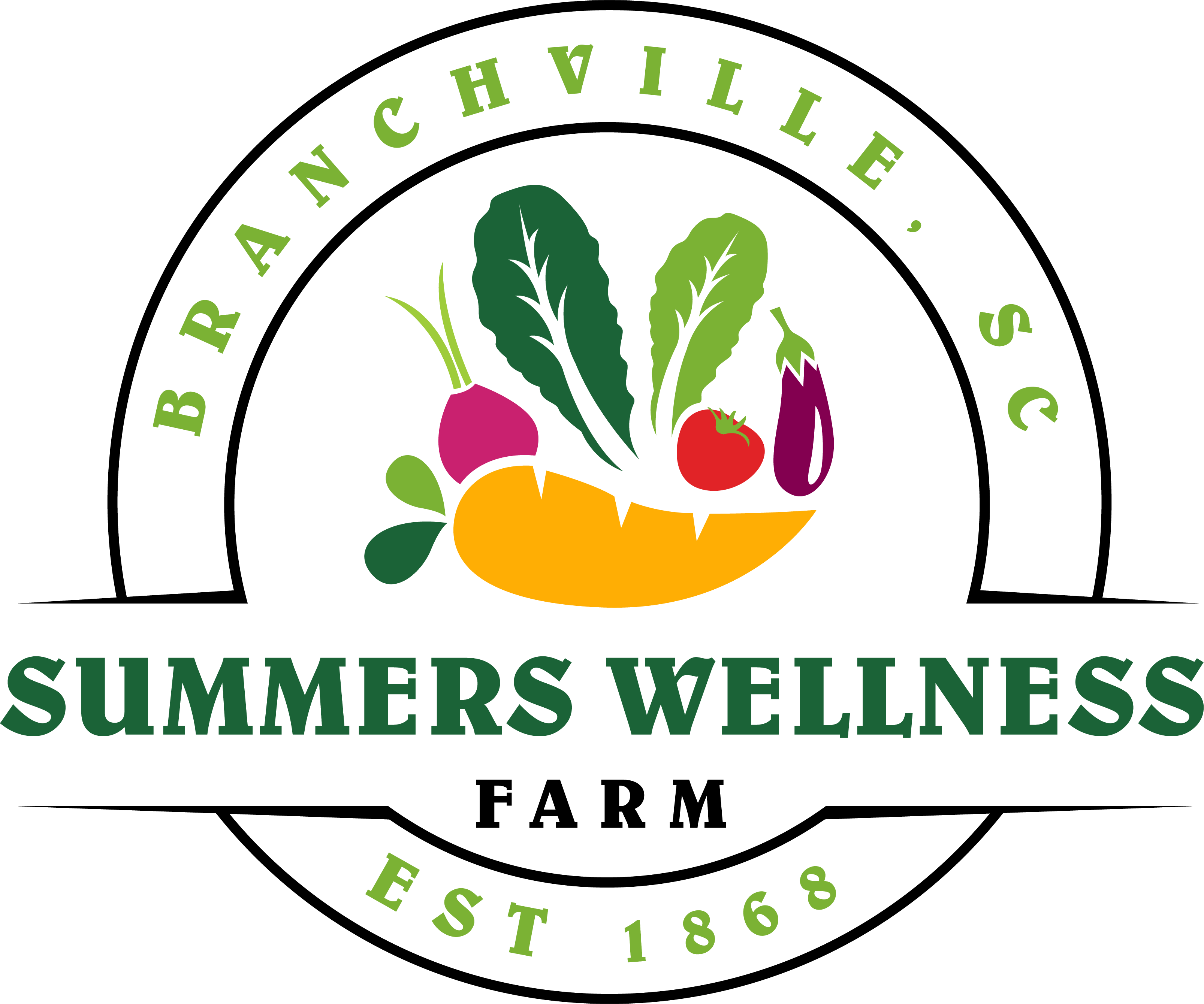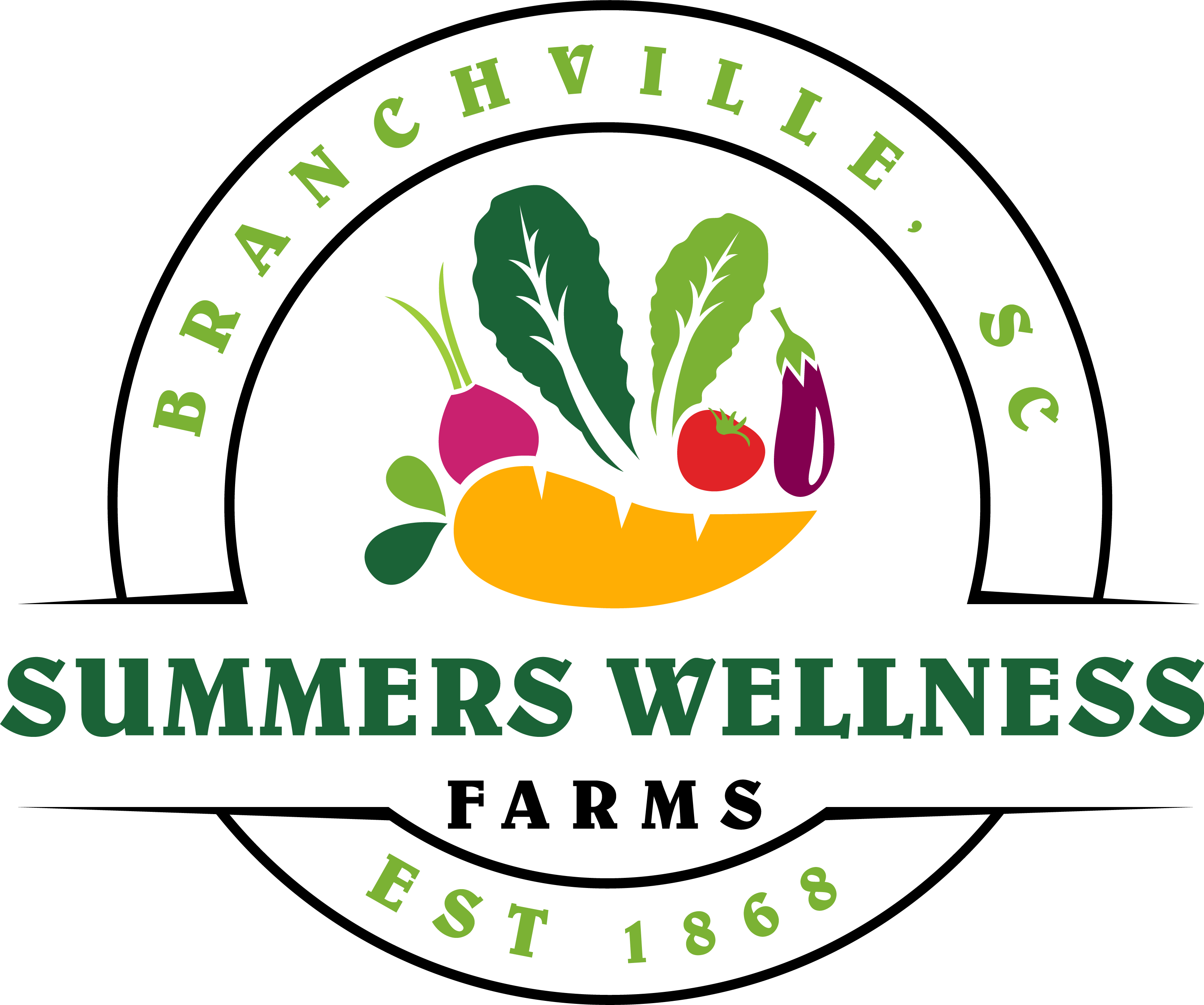Home » How Farm-Fresh Produce Improves School Meal Programs & Student Performance
How Farm-Fresh Produce Improves School Meal Programs & Student Performance
You work tirelessly to provide students with the tools they need to succeed in the classroom, but many of them still struggle to stay focused and energized throughout the day. What if the key to boosting their performance isn’t just in the classroom but starts with what’s on their plates? The food students consume directly influences their energy, concentration, and ability to learn. By incorporating farm-fresh organic produce into your school’s meal program, you’re not just feeding students—you’re giving them the fuel they need to thrive academically and physically. It’s time to nourish their minds and bodies with the very best. Ready to give your students the fuel they deserve? Let’s bring fresh, organic produce to your school today and set them up for success!

How Fresh Ingredients Contribute to Student Wellness

We’ve all heard the saying, “You are what you eat,” and this couldn’t be truer when it comes to students. School meals are a critical part of their daily nutrition, providing essential nutrients that support their growth, development, and academic performance. However, not all meals are created equal. Highly processed foods, filled with preservatives and artificial ingredients, may provide short-term satisfaction, but they don’t give students the lasting energy they need to excel in their studies.
Farm-fresh, organic produce, on the other hand, offers a wealth of benefits that can significantly improve the quality of school meals and, in turn, student performance. Let’s break down why fresh, organic produce should be a part of every school meal program.
Enhanced Nutritional Value
Organic produce is grown without synthetic pesticides, fertilizers, or genetically modified organisms (GMOs), which means it retains higher levels of important vitamins, minerals, and antioxidants. Fresh, organic fruits and vegetables can help combat nutrient deficiencies that may affect students’ focus, mood, and cognitive function.
For instance, leafy greens like kale and spinach are rich in iron and magnesium, which play a vital role in brain health. Carrots and sweet potatoes are full of beta-carotene and vitamin A, which are essential for good vision and immune function. And let’s not forget about fruits like apples and berries, which provide a natural, energy-boosting punch of vitamins C and fiber. These nutrients can make a noticeable difference in how students feel, behave, and perform in the classroom.
Improved Focus and Academic Performance
Growing research suggests that what students eat directly affects their cognitive function and ability to focus. A well-balanced meal with fresh, organic ingredients can improve concentration, memory, and overall academic performance. In contrast, meals high in sugar and unhealthy fats often lead to energy crashes and sluggishness, making it harder for students to stay engaged in lessons.
By incorporating organic produce into your school meal program, you’re offering students the fuel to stay sharp and focused throughout the day. Fresh vegetables, fruits, and whole grains can stabilize blood sugar levels, ensuring students have steady energy to power through their studies.
Supporting Healthy Growth and Development
School-aged children are in a critical phase of physical and cognitive development. Proper nutrition is key to supporting their growth and development, and organic produce can help ensure they’re getting the essential nutrients they need.
For example, vitamin C-rich foods like oranges and bell peppers help boost the immune system, which is especially important in a school setting where germs are easily spread. Calcium-rich produce like broccoli and leafy greens support bone health, while potassium-packed vegetables like sweet potatoes and spinach help regulate muscle function.
The vitamins and minerals found in organic produce are absorbed more efficiently by the body, which helps students maintain optimal health and energy levels, supporting their ability to engage with their lessons and extracurricular activities.
Supporting Local Farms: A Win for Students, Farmers, and the Environment
By choosing organic produce, you’re not only providing healthier meals for your students, but you’re also supporting sustainable farming practices and local farmers. Summers Wellness Farm, for example, practices sustainable farming methods that prioritize soil health, water conservation, and the reduction of pesticides. Supporting local organic farms also helps reduce your school’s carbon footprint by minimizing the need for long-distance transportation of food.
Additionally, organic farming supports biodiversity and the health of local ecosystems, making it an excellent choice for schools committed to environmental stewardship. By sourcing organic produce, your school can take pride in being part of the growing movement for a more sustainable and environmentally conscious future. Join the movement toward sustainability and healthier meals—order your organic produce from us now and support both students and the environment!
Meeting Every Student’s Needs with Organic, Nutrient-Rich Produce
Schools serve a wide variety of students with different dietary needs, and organic produce offers versatile options that can cater to those needs effectively. Here’s how different types of organic produce can benefit students with specific dietary requirements:
- Gluten-Free Diets
- Zucchini: Naturally gluten-free and packed with fiber, zucchini supports digestive health and can be used in a variety of dishes, such as stir-fries, salads, or even gluten-free baking.
- Sweet Potatoes: Rich in essential vitamins and minerals, sweet potatoes are gluten-free and provide long-lasting energy, making them an excellent base for lunch or dinner options.
- Bell Peppers: High in vitamin C and antioxidants, bell peppers are a tasty, gluten-free option for salads, stir-fries, or snacks.

- Low-Sodium Diets
- Spinach: Naturally high in potassium, spinach helps balance sodium levels and supports heart health, making it a great addition to salads, sandwiches, or smoothies.
- Beets: Rich in folate and potassium, beets help regulate blood pressure and improve circulation, offering a heart-healthy option for students on a low-sodium diet.
- Carrots: A perfect source of potassium, carrots aid in maintaining healthy blood pressure levels and can be served raw, roasted, or as a snack.
- Diabetic-Friendly Diets
- Cauliflower: Low in carbohydrates and high in fiber, cauliflower is excellent for blood sugar control and can be used in a variety of dishes, such as rice alternatives or mashed “potatoes.”
- Broccoli: Rich in fiber and low in calories, broccoli helps regulate blood sugar levels, making it a great side dish or ingredient in soups and stir-fries.
- Leafy Greens (Spinach, Kale): Low in carbs and high in fiber, these greens help stabilize blood sugar levels, making them perfect for salads, smoothies, and sautés.
By offering a variety of organic produce tailored to meet these dietary needs, schools can ensure that all students have access to meals that support their health and well-being. Ensure every student’s meal supports their health—partner with us for organic produce that meets a variety of dietary requirements!
Discover the Difference Summers Wellness Farm Can Make in Your School Meals
At Summers Wellness Farm, we’re committed to providing schools with the highest quality organic produce, grown sustainably and delivered fresh to your door. We understand the unique challenges that schools face when it comes to meal planning and logistics, and we’re here to make the process as simple as possible.
We offer a reliable supply of organic fruits and vegetables year-round, ensuring your school always has access to fresh, in-season produce. Our streamlined ordering system makes it easy to customize orders to fit your school’s specific needs, whether you’re serving 100 students or 1,000.
Our farm-to-school model ensures that your students get the freshest, most nutritious produce available while supporting local farmers and sustainable practices. We pride ourselves on our commitment to food safety and quality, so you can rest assured that the meals you’re serving are not only delicious but also safe and nutritious.
It’s Time to Level Up Your School Meals
By integrating farm-fresh, organic produce into your school’s meal program, you’re not just providing healthier meals—you’re investing in your students’ academic success, health, and well-being. It’s time to give your students the fuel they need to thrive in the classroom
and beyond.
At Summers Wellness Farm, we’re excited to be your trusted partner in providing high-quality organic produce for your school. Reach out today to place your order and start transforming your school meals into a powerful tool for student success. Let’s work together to give students the best nutrition possible—one fresh, organic meal at a time!




